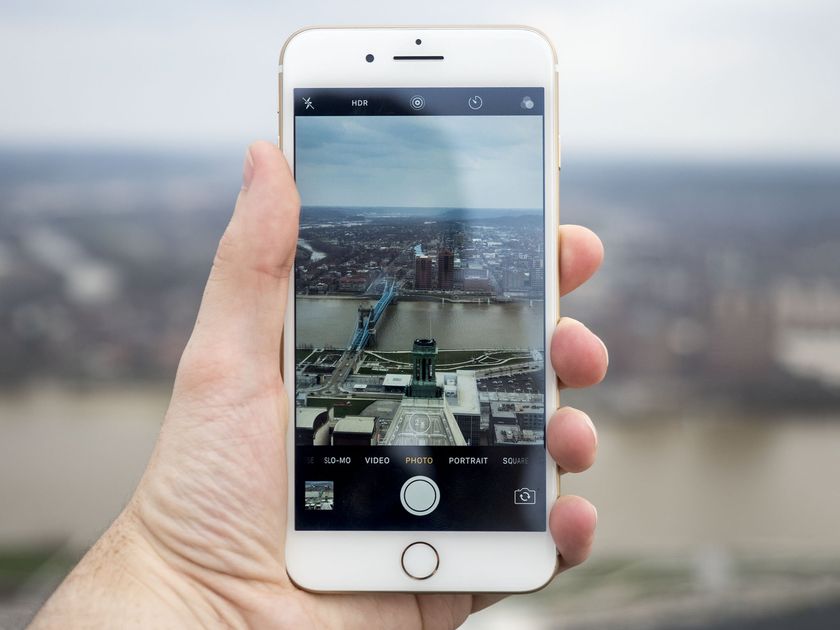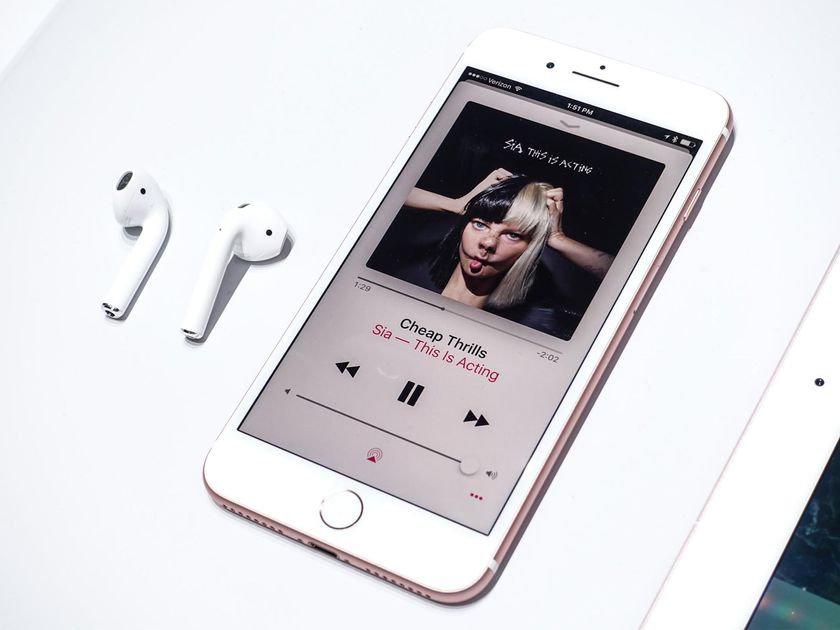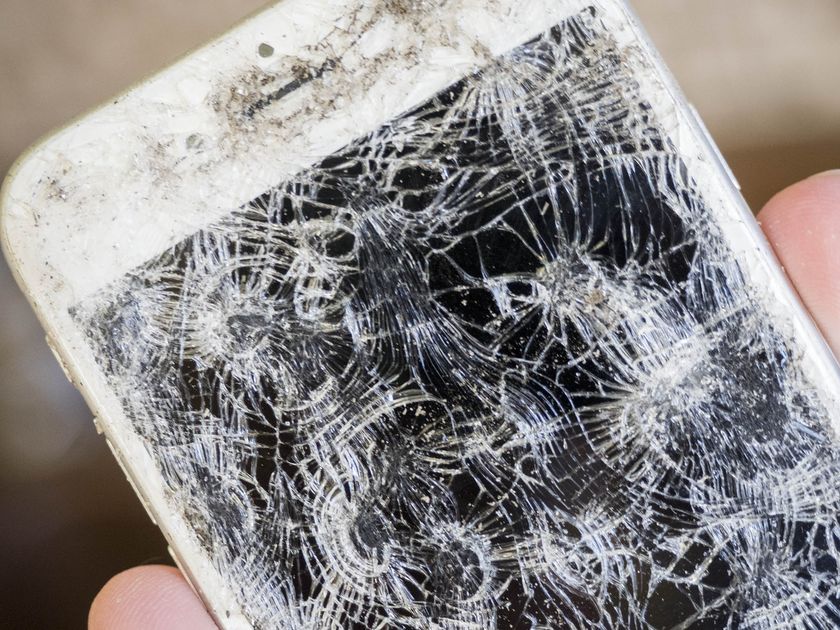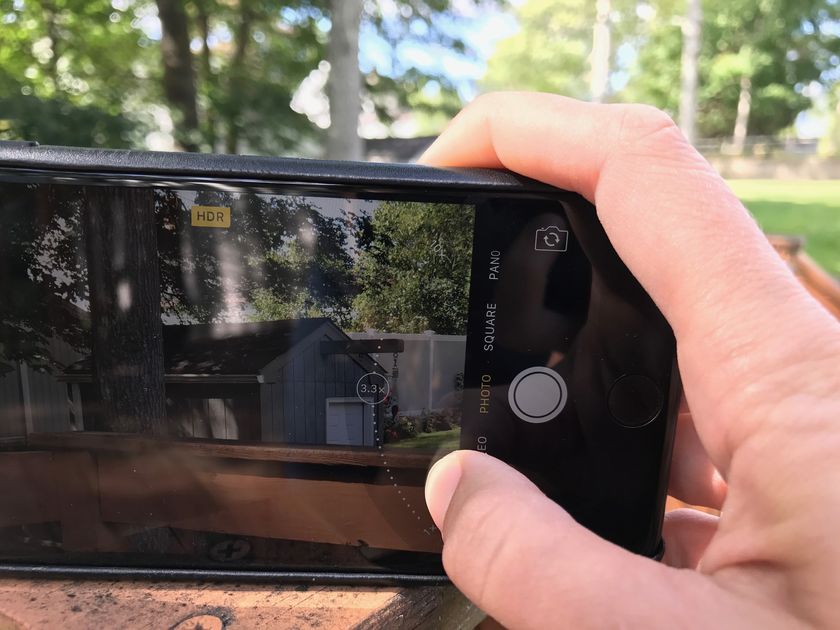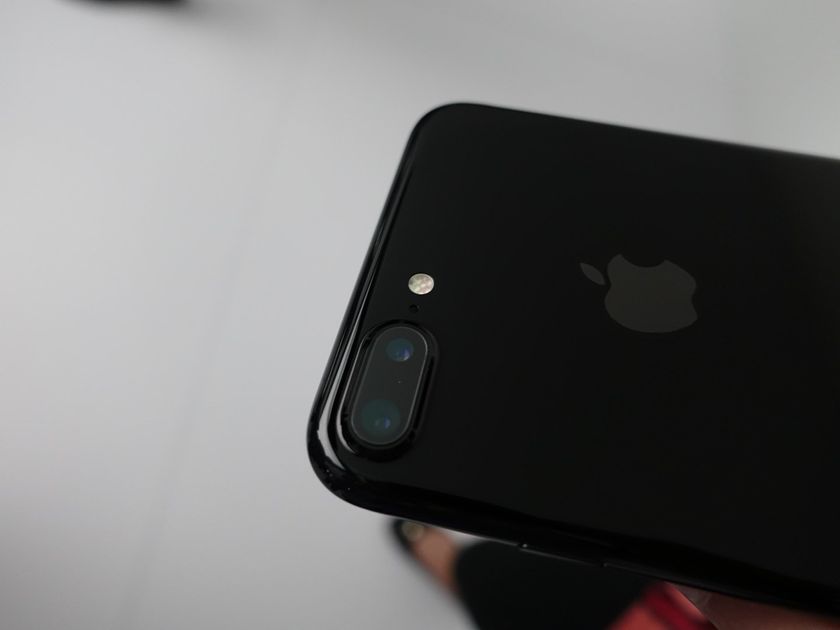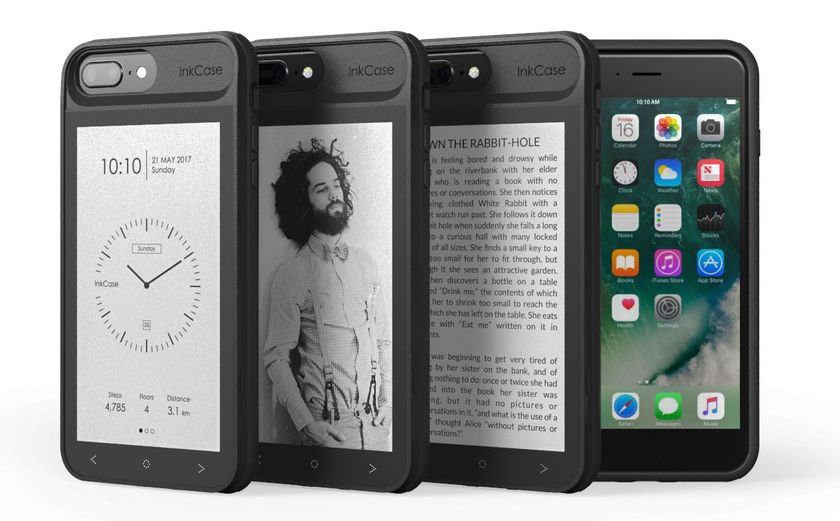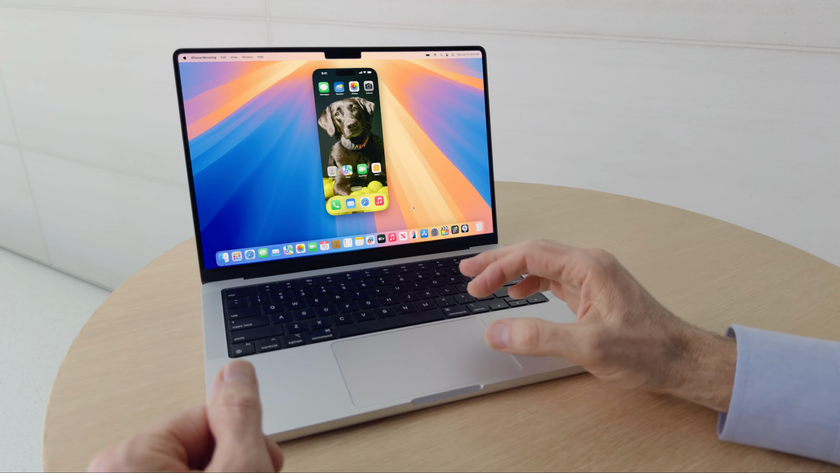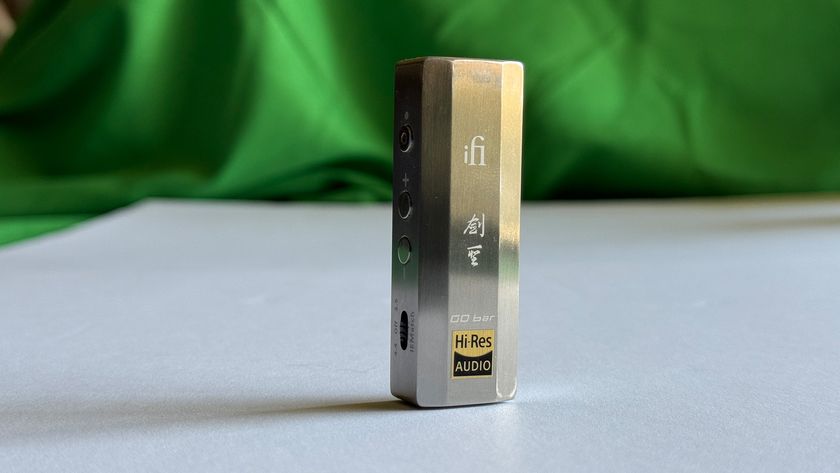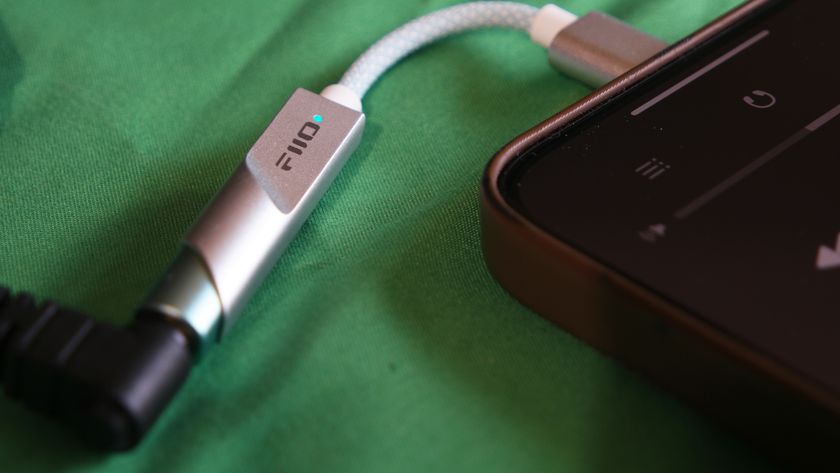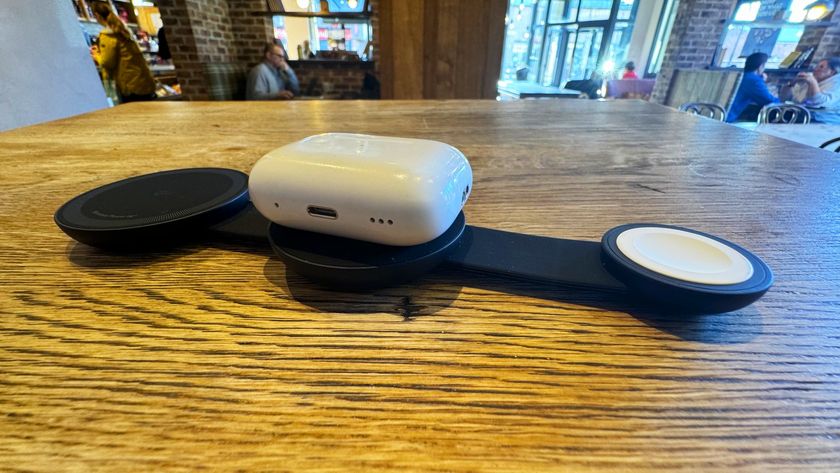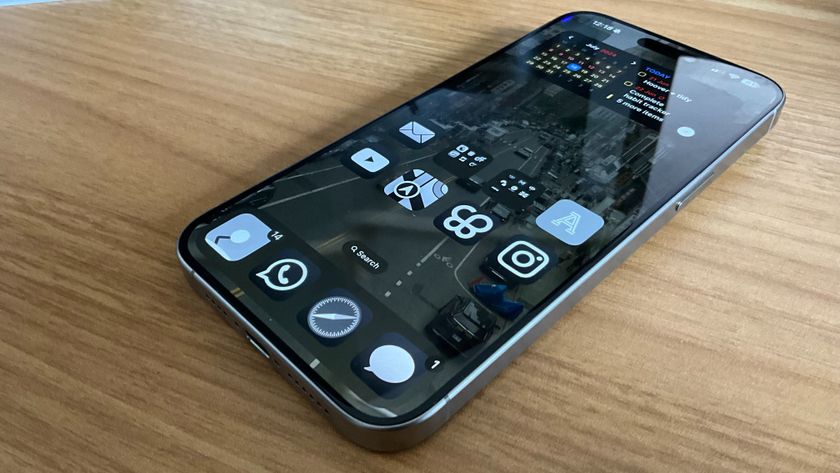How I drowned my fiancé's iPhone 7 Plus on vacation
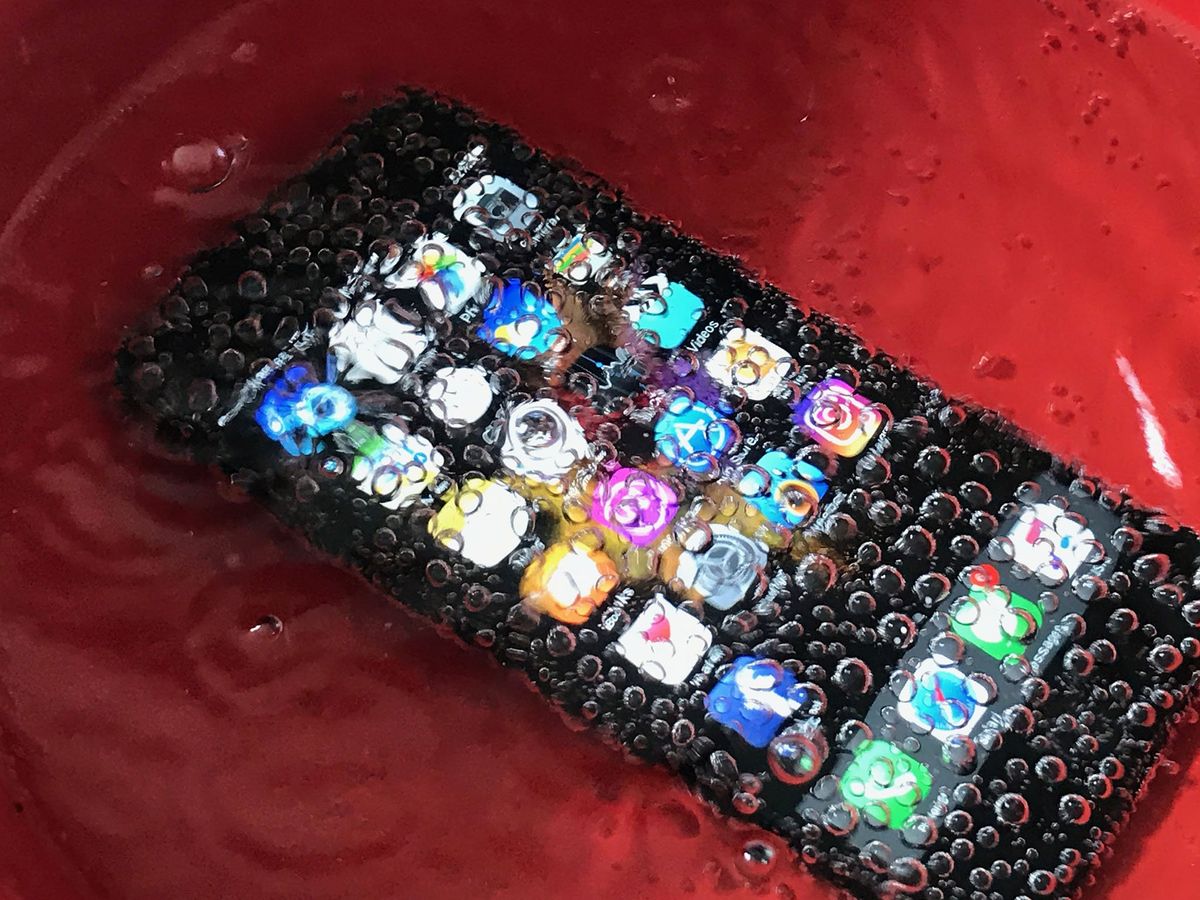
The iPhone 7 and 7 Plus have been out for just about two months now. In that time, I've dunked at least seven or eight of the phones under faucets, in lakes, and into fountains — all in the name of science. In that time, I've never seen an iPhone so much as reboot as a result of water exposure. But despite all that, the device isn't waterproof, and Apple itself counsels against using it intentionally near or in water.
I suppose it was only natural, then, that the first time I used an iPhone 7 Plus for "fun" underwater photography, it immediately died. The worst part: It wasn't even mine.
Great photography… with a $99 catch

Every year, my fiancé and I go visit his parents down south for Thanksgiving; while the food and family is always appealing, we also get a hearty helping of pool and beach time before returning to a New England winter.
What better time, then, to at last test out the iPhone 7 with underwater photography? I'd taken some video in the course of our iPhone 7 review and my Apple Watch adventures, but most of our shooting locations had murky water with few true camera opportunities. A clear-blue pool, on the other hand…

Everything started out swimmingly: On day one, I brought my own 7 Plus into the pool for a few silly selfies and Live Photos with no ill effects. But disaster struck on day two — my iPhone 7 Plus fell out of my pocket on the way to the pool onto concrete, which cracked the display.
Surprisingly, the crack wasn't terrible: Between the Jet Black finish and Apple's new build quality, I only wound up with a small white abrasion on the lower left corner of the phone. But a crack is a crack, no matter how small, and it effectively beached my iPhone from further underwater adventures. (The last thing you want is water seeping into a crack in your screen.)
But hey — my fiancé had just purchased an iPhone 7 Plus two weeks earlier! I'd just use his for my rear-facing camera tests. Five minutes later, I'd tucked my iPhone safely into my shoes and brought his rose gold phone to the steps of the pool. He and his relatives were practicing underwater handstands — short of a dolphin appearing in the pool, it was likely the coolest shot I could get this vacation.
Master your iPhone in minutes
iMore offers spot-on advice and guidance from our team of experts, with decades of Apple device experience to lean on. Learn more with iMore!
I waited until they began another handstand attempt, then brought the phone underwater for its first adventure, and fired off a few bursts of them balancing. Perfect.
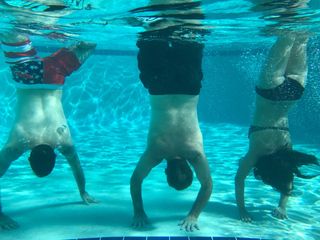
But as I brought the phone back up for air, I noticed something rather alarming: Air bubbles escaping from the right side of the screen.
Uh-oh.
I immediately took the phone out of the pool and returned it to our belongings, dried it off, and played the loudest song I could think of to empty any water droplets from the speakers.
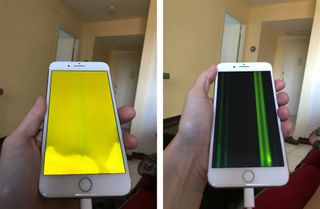
But it was too late: The iPhone's ten-second exposure to water was to be its downfall. Ten minutes later, the screen had a water leak; within an hour, the Taptic Engine had shut down; and by the next day, even after burying it in rice, it looked more like a multicolored piece of art than an iPhone 7.
And that's how, on Black Friday, we ended up at an Apple Store to replace the poor thing. Happy Thanksgiving!
Splash-proof vs swim-proof

Officially, the iPhone 7 series has been road-tested to survive a dunk of up to 30 minutes in three feet of water — the same resistance as the original and Series 1 Apple Watch, in fact.
Like the watch, the iPhone's eventual weakness is in its rubber gaskets: They wear down over time, and all it takes is one imperfect seal to bring down the whole device.
Before our misadventure, I'd tested enough Apple Watch models and iPhone 7s to feel pretty confident with Apple's water resistance assessment — I wasn't going to take my iPhone on any scuba-diving attempts, but I felt fine dunking it for a picture or two.
But there's a reason Apple's taken to branding this sort of water resistance "splash-proof" Just because the iPhone can theoretically go underwater doesn't mean you should take it on a seaside adventure.
As we learned this week, the water-blocking gaskets aren't the only things that can fail on an iPhone. The internal rubber seal on the iPhone 7 Plus's screen is vulnerable, too, especially if it hasn't been properly seated.
My fiancé's phone was brand-new and in a case — it had never been dropped or cracked, but the internal display seal failed on its first underwater outing. Attempt an underwater dunk if you have ever dropped your phone or had the screen replaced, and the chances of your display seal being mis-seated increase dramatically.
Unfortunately, even if you wind up with a defective model — as we did — Apple doesn't officially cover water damage in its warranty. You'll need AppleCare+ not to pay an outrageous sum to replace your device. Thanks to the phone being covered, it was just $99, but you only get two incidents at that price — drown your iPhone a third time, and you'll be paying half of your original purchase price for a replacement.
The Genius we spoke to did note that one-time drownings were rare; they were sending our phone to Apple's engineering department to dissect and check on the seals, and if one of the display seals was indeed found to be faulty, we might get our money and AppleCare+ incident back. But that's a long shot, and not one I'm necessarily banking on.
My general takeaway from the week's misadventure is this: You can probably use your iPhone in the shower, at the beach, or wash debris off its screen under the faucet with no ill effects. But when you completely submerge it, you're putting stress on every water-resistance gasket in the phone — and if just one of those gaskets fails, you're looking at an Apple Store visit and a costly to very costly repair.
Lesson learned
Much as I've enjoyed taking photos underwater with the iPhone 7 Plus, it wasn't worth the stress of seeing a new iPhone die before my eyes — especially when the phone wasn't mine to begin with. (Sorry, Rick.)

I'm going to cross my fingers that the next iPhone has true "swim-proof" capabilities, but until then, if I want to do any more underwater filming, I'm getting a waterproof case. No point in risking yet another $99 repair.
And besides: There are still plenty of nice shots to take outside the water.
Serenity was formerly the Managing Editor at iMore, and now works for Apple. She's been talking, writing about, and tinkering with Apple products since she was old enough to double-click. In her spare time, she sketches, sings, and in her secret superhero life, plays roller derby. Follow her on Twitter @settern.
